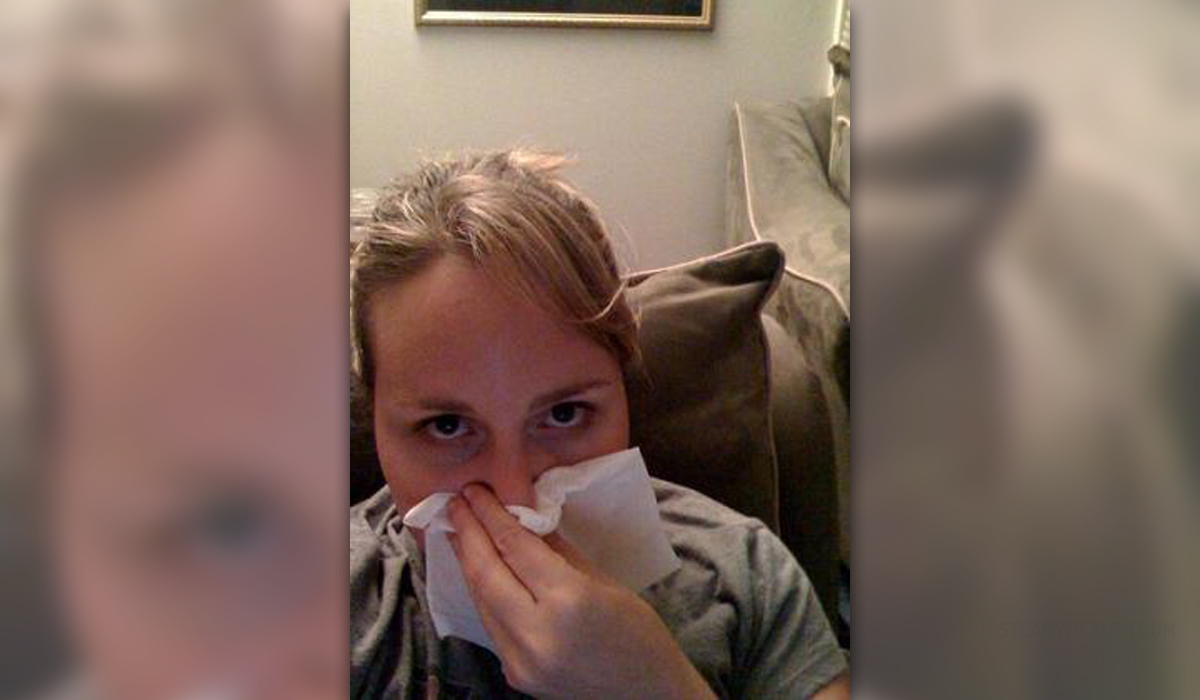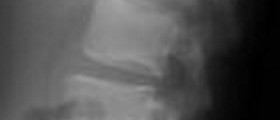
Sinus infections are generally caused by bacteria. However, even fungi may be potential culprits of sinus infection and cause serious problems to infected person. This is a specific condition and is only treated with anti-fungal medications. Administration of antibiotics in case of fungal infection is completely ineffective because antibiotics can only eradicate bacteria.
What are Symptoms of Fungal Sinus Infection?
When it comes to sinus infection in general no matter what the underlying cause is and what pathogen is involved in the process of inflammation final conformation of the pathogen can be achieved only after laboratory investigation of samples taken from the infected area.
In majority of cases fungal infection of sinuses leads to frequent bouts of fever, persistent sore throat and feeling of being extremely sick and weak. Fever may come and go and it basically lasts for 5 days. Drainage of the content from the sinus into the throat leads to irritation and this causes sore throat. In people with weak immune system there is even a chance of fungal infection of the esophagus. If this is the case a patient will additionally complain about swallowing difficulties.
As it is the case with bacterial sinusitis, fungal sinusitis also leads to increased sensitivity of the affected sinuses. Pain and discomfort can occur spontaneously or are induced by touch.
Diagnosing Fungal Sinus Infection
If there are previously mentioned symptoms and they do not withdraw spontaneously within a few days a person is due to consult his/ her doctor. In order to set the correct diagnosis the doctor performs physical and otorhinolaryngological examination. He/ she may also take samples of the sinus content and send them to a laboratory for further evaluation and identification of the infective agent. Patient's medical history is also taken into consideration.
Many well experienced doctors may assume a person is suffering from fungal sinus infection in case there is a weakening of the immune system caused by other medical conditions (malignant tumors, HIV/AIDS etc). These patients may need to be hospitalized. The most common fungus which causes fungal sinus infection is Aspergillus. This infective agent is able to cause serious infection in immunocompromized patients.
Prevention of Fungal Sinus Infection
Prevention of fungal sinus infection (as well as any other fungal infection) is a must for all immuocompromized patients. The infection in some cases simply cannot be controlled although there are many effective anti-fungal medications. The best effects are achieved if the treatment starts in early phase of sinus inflammation when symptoms have not fully developed yet.

















Your thoughts on this
Loading...